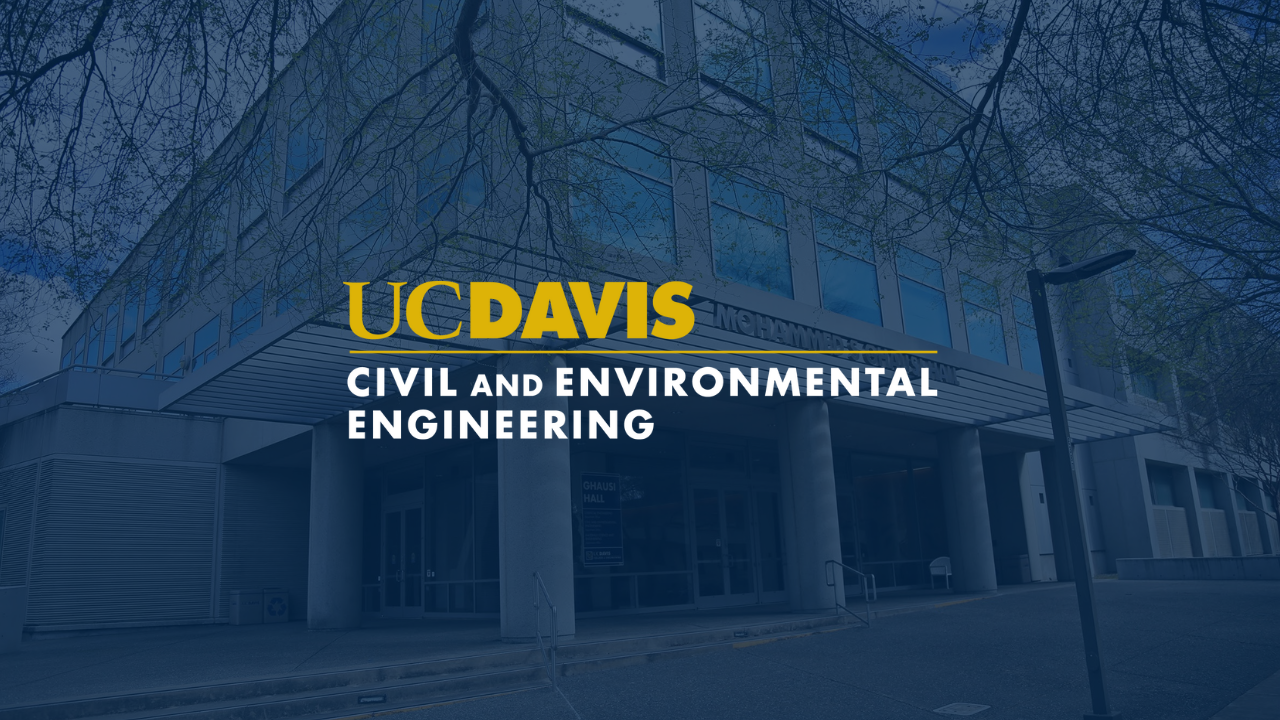
Event Date
Abstract:
Wastewater treatment processes play a pivotal role in environmental mitigation and responsible water resource management. In this talk, I will discuss cutting-edge advancements that include predicting nitrous oxide (N2O) emissions, enhancing biological phosphorus removal, and optimizing aeration for biological nitrogen removal.
First, I will delve into the intricate dynamics of greenhouse gas emissions, specifically N2O. I used modeling and experiments to investigate the formation N2O, from nitrifying and denitrifying biofilms. The results suggested that N2O emissions can be significantly greater in biofilms due to the diffusion of hydroxylamine, a nitrification intermediate, from aerobic to anoxic zones of the biofilm. I will then introduce an emerging paradigm in which societal waste streams are viewed not as costly energy sinks but as feedstocks for resource recovery. I will present efforts in line with this paradigm towards improvement of another crucial process, enhanced biological phosphorus removal (EBPR). EBPR is a key strategy for resource recovery during wastewater treatment; I will discuss strategies to enhance biomass fermentation and reduce the need for extra carbon. This study provides insights into successful EBPR implementation at a low-carbon facility and improves our understanding of microbial community structure in EBPR systems.
Finally, I will conclude by presenting evidence that newly discovered complete ammonia oxidizing bacteria (comammox) are a crucial but previously unrecognized biocatalyst for high rate and energy-efficient nitrification at water resource recovery facilities. Utilizing bioreactors with biomass from diverse water resource recovery facilities, this study demonstrates that microbial populations adapted to low DO environments can effectively maintain high rates across varying DO concentrations, emphasizing the potential for low-energy biological nitrogen removal.
Overall, findings from these studies aim to inspire the development of novel, resource- efficient environmental bioprocesses, with a particular focus on nitrogen and phosphorus removal and recovery.
Bio:
Dr. Fabrizio Sabba (Fab) is a Process Engineer Associate at Black & Veatch, where he applies his expertise to bench- and full-scale applications, wastewater process modeling, and engineering design. His primary research interests include nutrient removal and resource recovery from wastewater, focusing on microbial nitrogen and phosphorus cycling during biological nutrient removal processes, microbial ecology of engineered and impacted natural systems, biofilm structure-function relationships, and microbial greenhouse gas production. Currently, he leads a pilot study on PFAS removal, implements low dissolved oxygen biological nitrogen removal, and develops guidelines for sidestream biological phosphorus removal. Fab earned his Ph.D. in Environmental Engineering from the University of Notre Dame in 2016. His prior roles include serving as Director of Research and Development at NUVODA in 2017 and later as a Postdoctoral Research Associate at Northwestern University, specializing in biological phosphorus removal and aerobic granular sludge.
